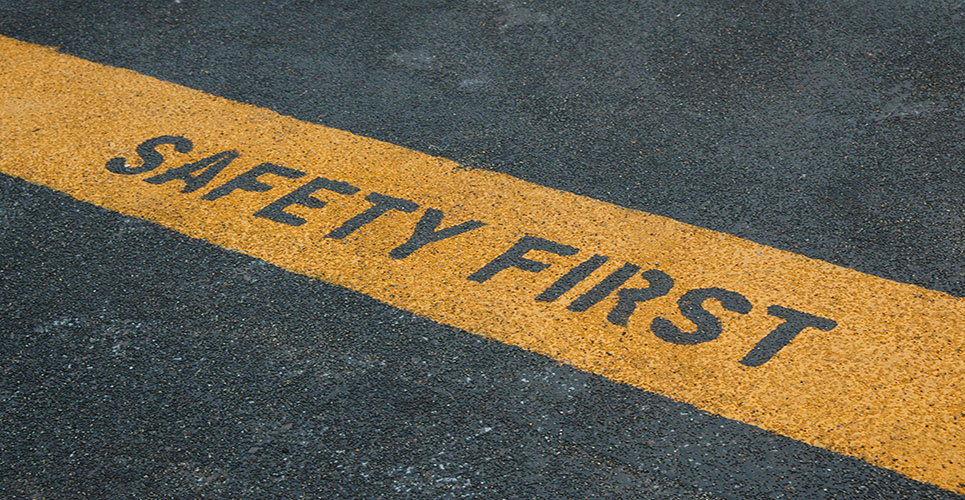teaser
With the growing threat of counterfeit, adulterated and diverted medicines, parallel pharmaceutical trade (PPT) represents “a clear and present danger to the safety of every European patient,” according to the European Alliance for Access to Safe Medicines.
Its stark warning was issued in a report presented to Members of the European Parliament.
The European Union pharmaceutical market is suffering from the “potential public health disaster syndrome of invisibility, biohazard and system failure,” particularly with respect to regulation of distribution and supply chain security, report author Jonathan Harper clamed.
Europe’s pharmaceutical distribution system was extremely complex, confusing and unregulated, with multiple and parallel layers of distribution and this potentially put patients at risk, he warned.
EU citizens receive medicines which may have passed through 20 different hands, through countries with different languages and licensing systems, sporadic reporting and minimal enforcement.
Given that medicines should be highly regulated for public health reasons, it should be possible to know where any particular product is at any particular time, but this was not the case, Dr Harper added.
Globally, PPT is not permitted but in the EU it is defined as a lawful form of trade, except in the case of eight of the 10 new member states which joined the EU in 2004, due to the need to harmonise their intellectual patent protections related to medicines.
However, the PPT restrictions on these nations are soon to be lifted and the report says this will not only worsen the already-complicated EU distribution system against a background of supply chain insecurity, but “will also likely raise the tensions between the European research-based industry on the one side and national health care purchasers and PPT trackers on the other”.
The European Commission recently estimated that more than 2.7 million fake medicines were seized at EU borders last year, a rise of 384% since 2005.
In his recommendations, Dr Harper called for “de-boxing” to be prohibited and said the repacking and relabelling of products destined for parallel trade should be conducted under the supervision of the original trademark holder.

